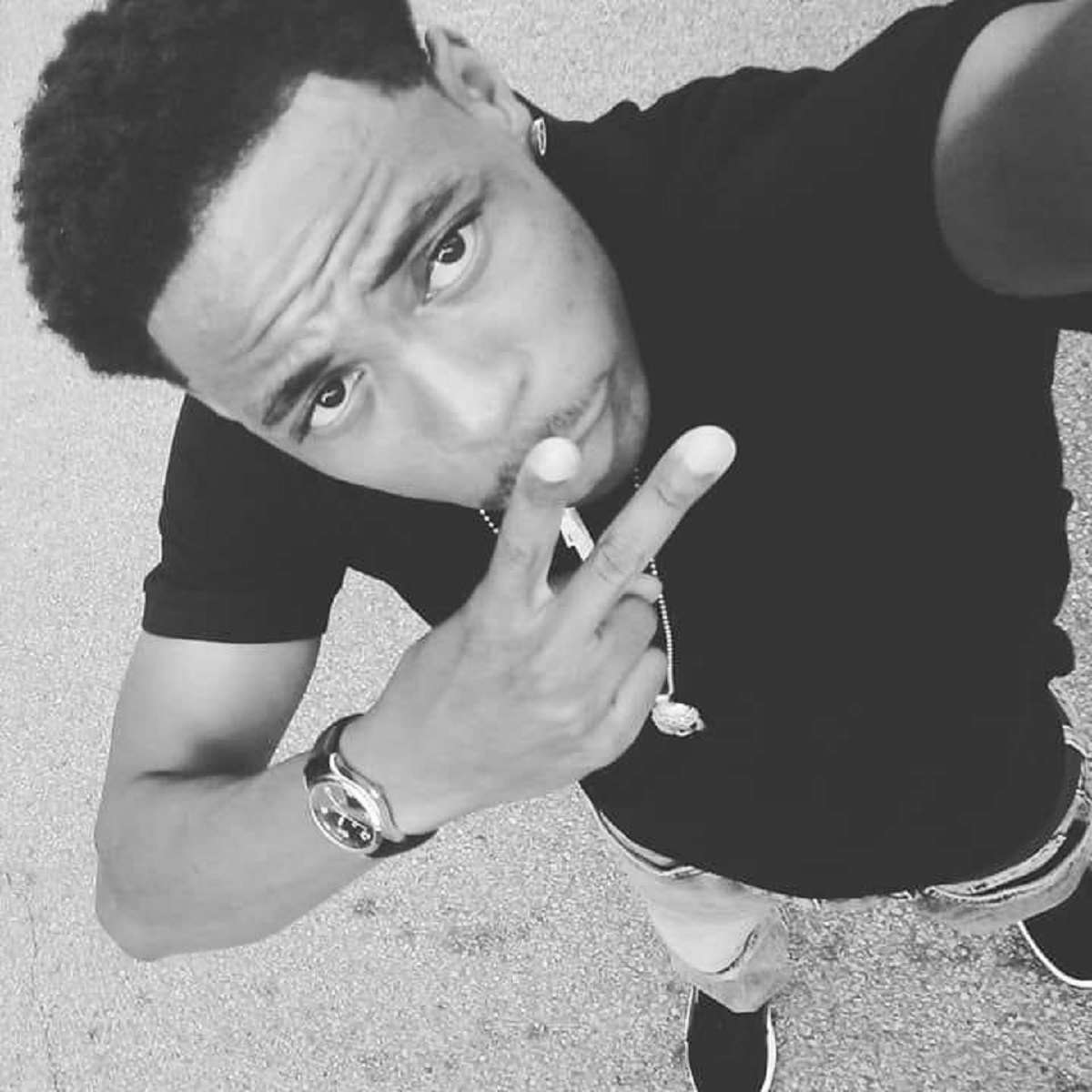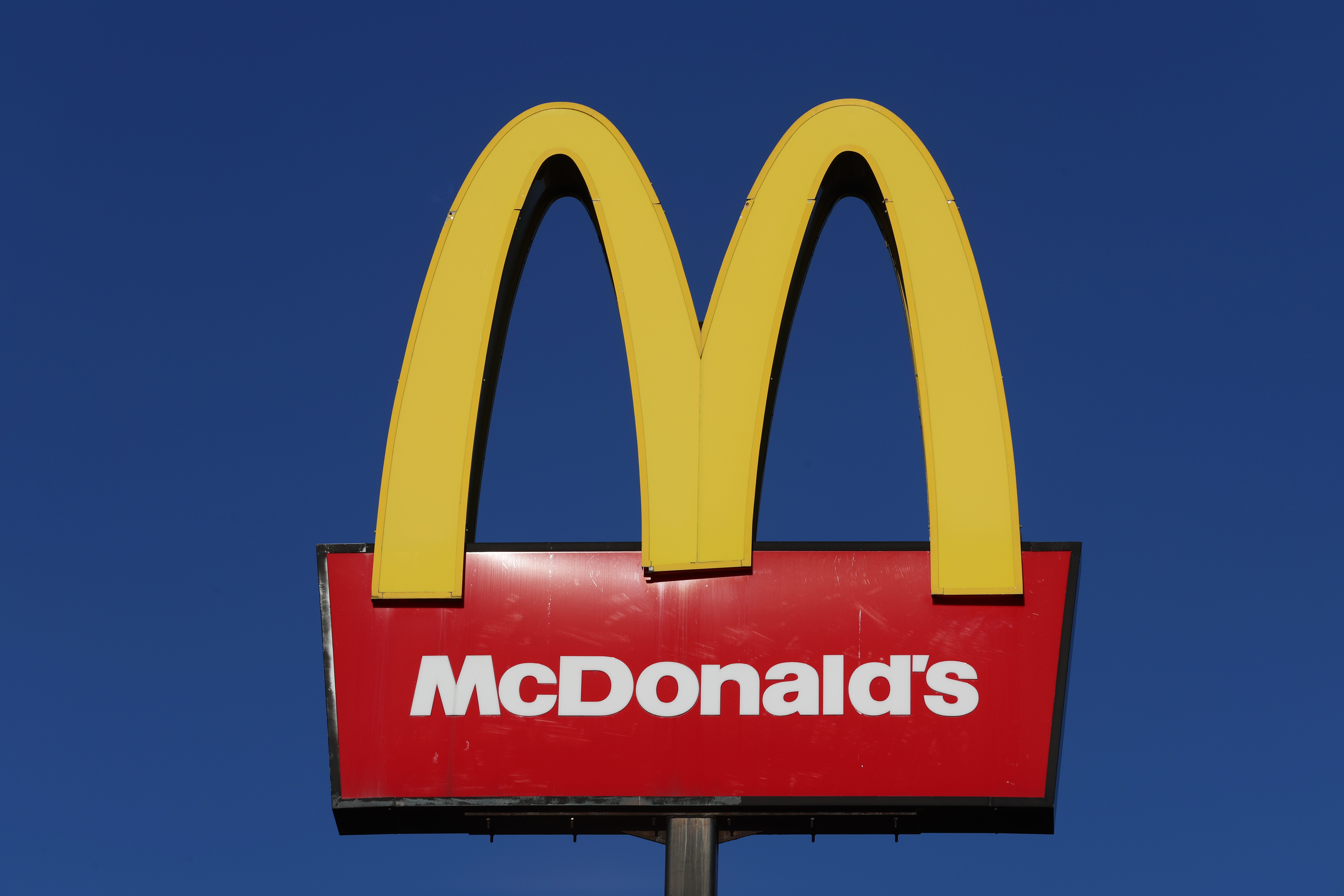As daunting as the challenges that await him as the new chief of a Chicago Police Department under pressure to implement sweeping court-ordered reforms may seem, they pale compared to what David Brown Sr. had to overcome 10 years ago following an afternoon phone call on Father’s Day.
His son was dead, an officer told the then-Dallas police chief. Police shot 27-year-old David Brown Jr. after he’d shot dead a stranger on a suburban sidewalk and then also killed a responding officer during an apparent mental breakdown.
“My entire body pulsated with pain, as if I’d been jolted with an electric shock,” Brown recounted in a 2017 book. “I grieved just as deeply for the loved ones of those my son had taken.”
Brown, whose former partner and brother were also killed years earlier, said he returned to work with more empathy for victims and suspects alike, and a greater devotion to his job.
“My sense of duty not only got me out of bed,” he wrote. "It also began my healing.”
The 59-year-old will need that heightened level of commitment to succeed in Chicago, the nation's third largest city, where he’ll oversee a force of some 13,000 officers. Dallas had around 3,000.
Brown's No. 1 priority is to ensure Chicago's department complies with the court-monitored overhaul plan, which includes requirements unpopular with many officers that they file paperwork each time they point a gun at someone, even if they don't fire.
Local
It’s not going to be easy.
“This is a hard job, one of the hardest jobs in the country,” Chicago Mayor Lori Lightfoot told reporters Thursday in announcing Brown’s selection as police superintendent.
Brown will be an outsider in a city and police department that has favored insiders. So, he’ll have to win the trust of rank-and-file cops to ensure reforms stick. He may have to drag some along kicking and screaming, especially older officers accustomed to the kinds of policing a damning 2017 Department of Justice report said contributed to racial bias and excessive use of force by Chicago police.
The department’s grim history of abuses goes back decades. It includes a white officer shooting black teenager Laquan McDonald 16 times in 2014 as he walked away from officers carrying a small knife.
At a news conference Thursday, an otherwise measured Brown struck a determined note when he addressed a question about the court-monitored reform plan, called a consent decree: “I have read the 800 pages,” he said. “We will be in compliance."
Brown, who gained a reputation as a disciplinarian when it came to his subordinates, said he wants all his officers do what’s right “when no one’s looking without being ordered by a court.”
Brown faces the additional challenge of coming in with a city largely shutdown by stay-at-home orders amid the coronavirus outbreak. Officers have no choice but to go out and so are particularly vulnerable. The first death of an officer from COVID-19 was announced Wednesday.
The federal judge overseeing the police reforms recently agreed to a city request to extend deadlines for meeting reform benchmarks, saying staff resources are currently focused the public health crisis.
Brown is expected to officially assume his superintendent post in April.
Brown, who grew up in a largely segregated Dallas, addressed race in his book. He recalls attending a mainly white school in which he and other blacks were often shunned by white students.
As chief in Chicago, race-related issues will inevitably arise. It remains among the nation's most segregated cities, and race nearly always plays a central role in discussions about police behavior.
Brown gained a reputation as a reformer in Dallas, advocating for transparency. He decided over objections of many officers to make use-of-force data public.
He also made community policing in Dallas a priority. And he sought to change the culture among rank-and-file cops, demonstrating his seriousness by firing 70 officers during his tenure.
In 2015, he touted a sharp drop in use-of-force complaints against Dallas, crediting reforms he spearheaded. Law enforcement experts said the assertion was hard to prove.
At times, Brown did face criticism in Dallas from activists who accused him of blocking some reforms, saying he resisted initiatives to cede power to a civilian police review board.
Brown led the department through one of its painful chapters in Dallas history.
A peaceful demonstration in July 2016 against police brutality turned deadly when a sniper opened fire on a large group of police, killing four Dallas officers and one transit officer.
Brown defended his decision to deploy a robot to ignite explosives that killed the gunman, Micah Johnson, instead of continuing negotiations. The gunman wasn’t in a clear line of sight, Brown said at the time, and he was taunting officers and vowing to kill more of them.
“I approved it,” Brown said. “And I’ll do it again if presented with the same circumstances.”
In the months that followed, the department sometimes struggled with low morale over concerns about the pension and other financial strains. When Brown retired as chief later in 2016, he said the decision had been a quick one.
“Really, as a police chief, you want to quit every day,” he said at the time. “The thing that gets you to come back is that serving so much outweighs anything negative that happens.”



